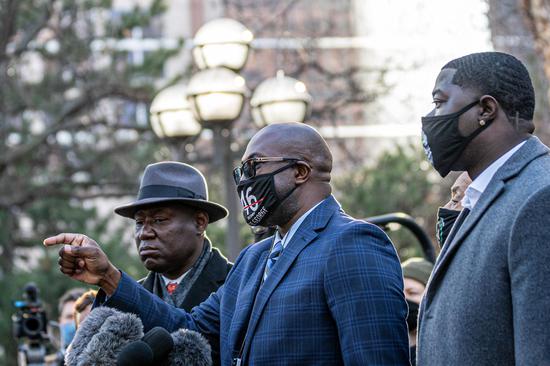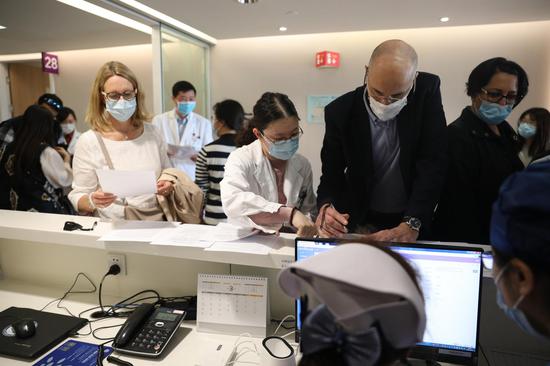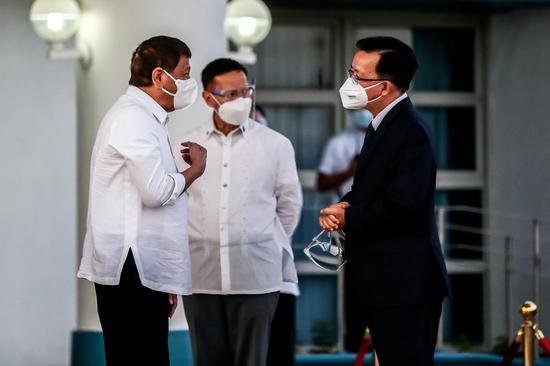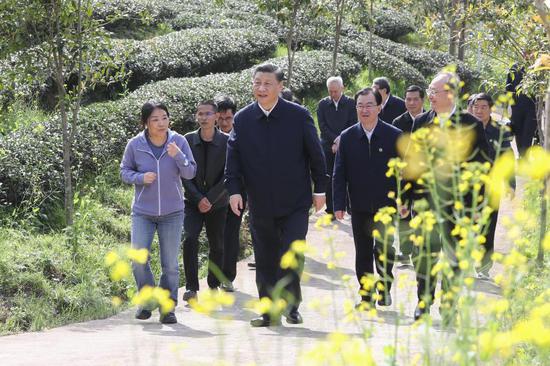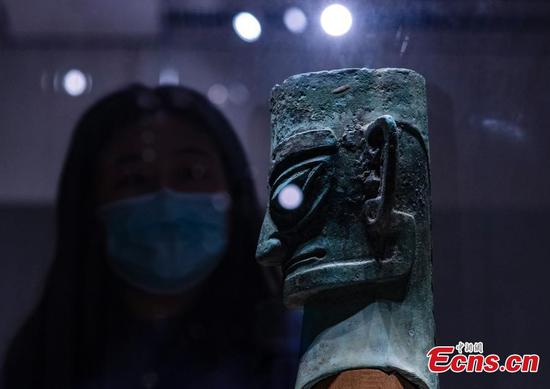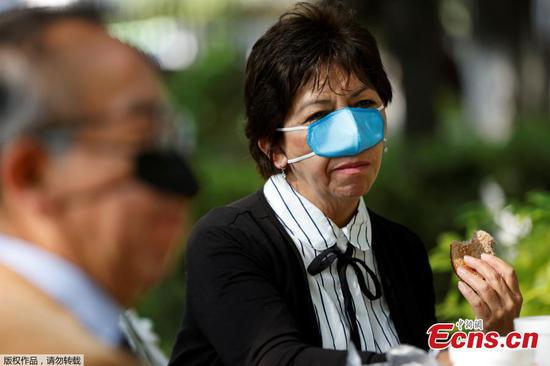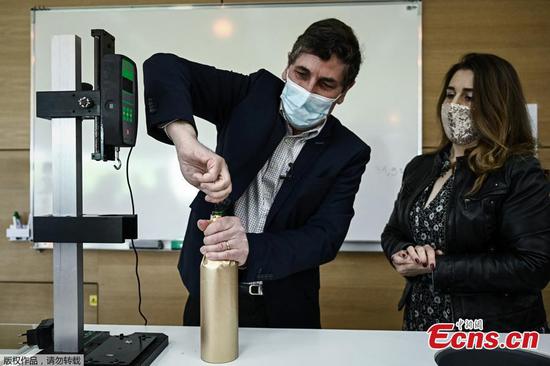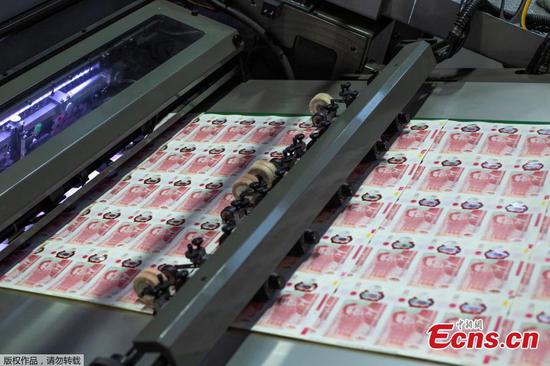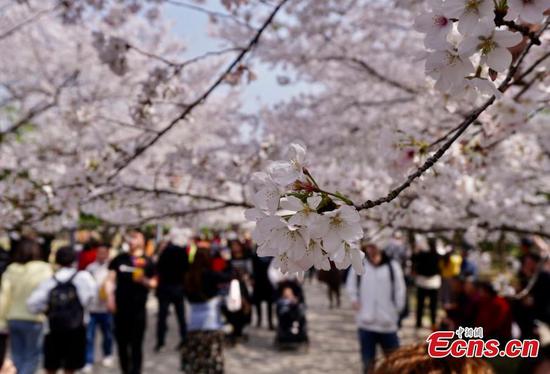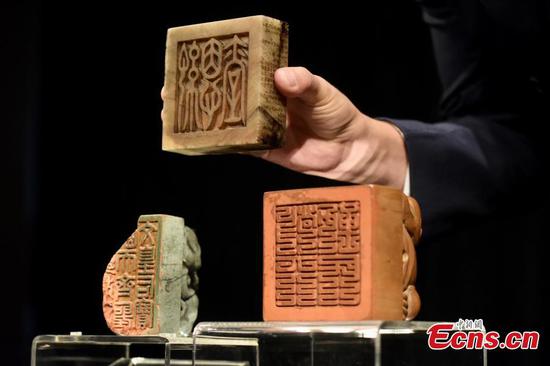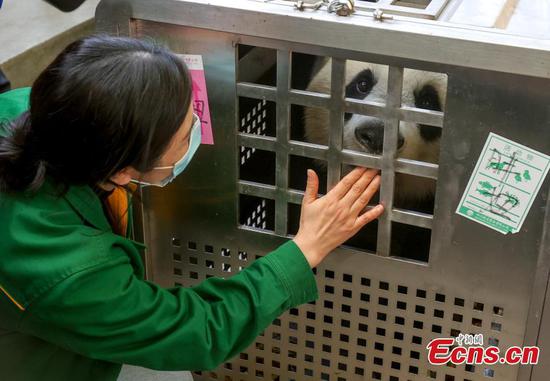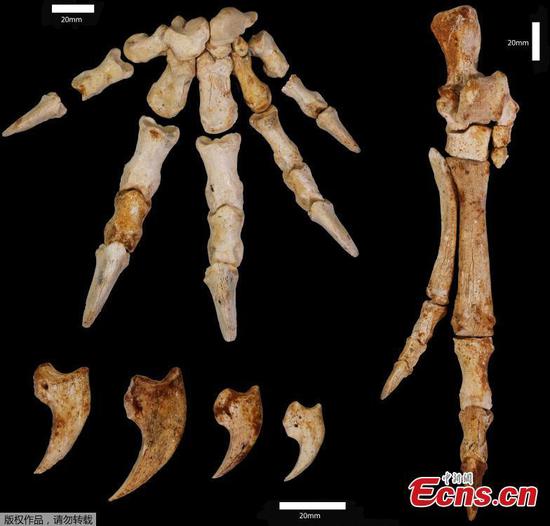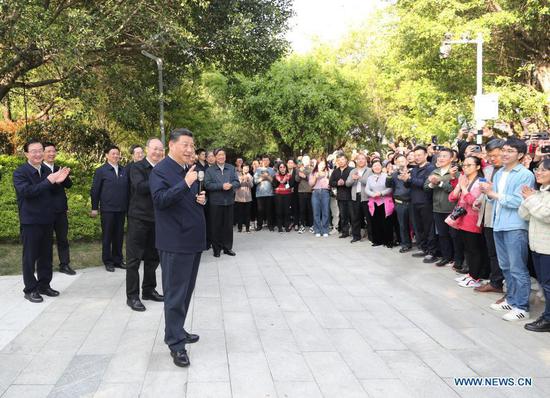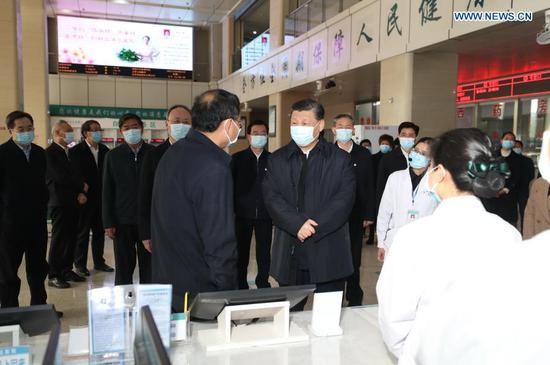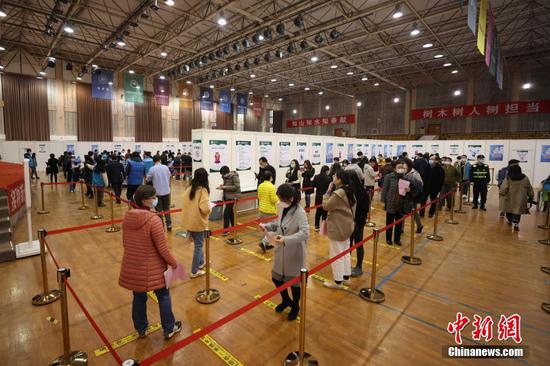
Amendments to Annex I and II to SAR's Basic Law take effect on Wednesday
China's top legislature unanimously passed bills on Tuesday to amend the electoral system of the Hong Kong Special Administrative Region.
The 27th session of the Standing Committee of the 13th National People's Congress adopted amendments to Annex I and Annex II to Hong Kong's Basic Law at the two-day session, which concluded on Tuesday. The two annexes deal with the method of selection of Hong Kong's chief executive and the formation and voting procedures of the Legislative Council.
The amended annexes were promulgated in two presidential orders signed by President Xi Jinping and takes effect on Wednesday, replacing the original annexes and related amendments.
The new amendments have brought changes to Hong Kong's current electoral system, mainly in the formation of the Election Committee, which is responsible for selecting Hong Kong's chief executive and part of the Legislative Council.
The composition of the Election Committee will increase from 1,200 members from four sectors to 1,500 members from five sectors.
The original 117 seats from district councils have been removed from the committee.
The Election Committee has also been given the new function of electing 40 members for the Legislative Council, which has been expanded to 90 seats from 70.
Under the amendments, the new composition of the Legislative Council will also include 30 members from functional constituencies-five seats fewer-and 20 from geographical constituencies through district elections, instead of the original 35.
The original five geographical constituencies have been increased to 10, with each constituency providing two members by direct voting, replacing the original proportional representation method.
All candidates must also pass through a newly created vetting committee, which will determine their qualifications for election based on information provided by the national security unit of the police. No appeal will be allowed once eligibility is decided.
China's top legislator, Li Zhanshu, said the passing of the NPC decision on improving the electoral system of the HKSAR earlier this month and the two amended annexes fully demonstrate the resolution and common will of the Chinese people, including Hong Kong compatriots, in safeguarding national sovereignty, security and development interests, as well as the constitutional order of the SAR.
A democratic electoral system suiting Hong Kong's legal status and reality has taken shape as a result of the amendments, said Li, chairman of the NPC Standing Committee, while presiding over the closing meeting of the session.
These new constitutional arrangements are of great significance in upholding the constitutional order in the HKSAR as established by the Constitution and the Basic Law, and ensuring that the principle of "one country, two systems" remains unchanged, is unwaveringly upheld, and is not bent or distorted in practice in Hong Kong, Li added.
He said the HKSAR will amend relevant local laws in accordance with the Basic Law in a timely manner, promptly implement matters related to improving the HKSAR electoral system, and organize and regulate relevant election activities according to the law.
With the implementation of the improved electoral system and the principle of "patriots administering Hong Kong", the central government's overall jurisdiction over the HKSAR will be effectively implemented, Li noted.
This will also markedly enhance the governance efficacy of the HKSAR and effectively address the various deep-seated problems of Hong Kong, he added.
The Foreign Ministry said in a statement that the adoption reflects the common aspirations of the Chinese people, and the move is to develop, in a gradual and orderly manner, a democratic system that is in line with the constitutional order of Hong Kong.









